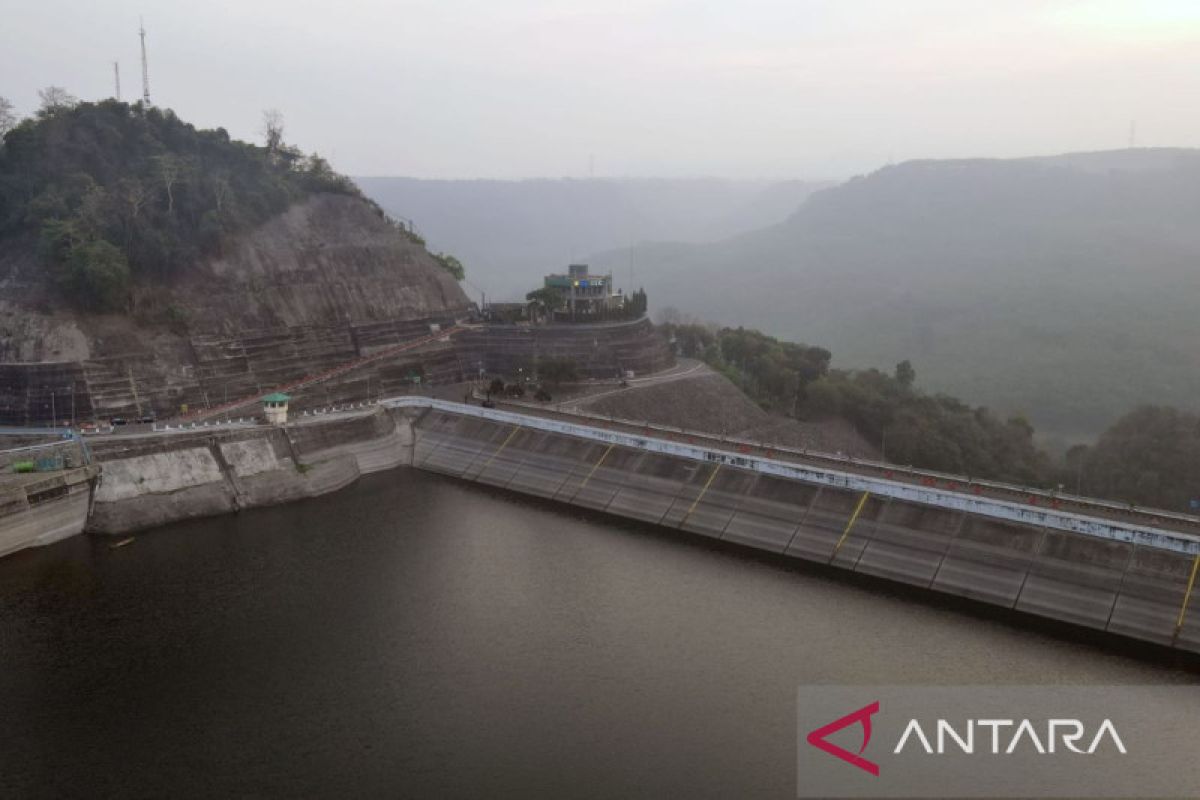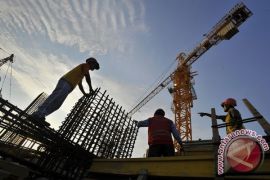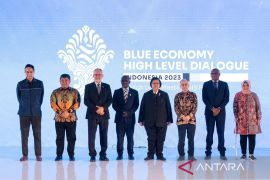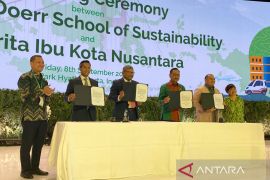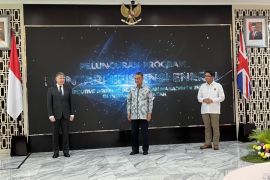"Low-carbon development policies as the backbone of the green economy can lead Indonesia to achieve net-zero emissions by 2060," the agency's acting deputy for maritime affairs and natural resources, Arifin Rudiyanto, said during a seminar on forestry innovation here on Thursday.
Bappenas has conducted a study and developed a dynamic system model, using a holistic, integrative, thematic, and spatial approach by considering related policies, including a business plan for sustainable electricity supply and Forestry and Other Land Uses (Folu) Net Sink.
Rudiyanto said the simulation showed that achieving net-zero emissions can help Indonesia's economy to continue to grow and escape the middle-income trap before 2045, accelerate poverty alleviation, and increase job creation.
"The modeling results also look at the various effects of policies on the forestry and peatland sectors on net-zero emissions achievement," he added.
The five main strategies of low-carbon development in Indonesia are waste management and circular economy, development of green industries, sustainable energy development, low-carbon marine and coastal areas, and sustainable land restoration.
Moreover, the government has encouraged green economy development as a game-changer to generate economic growth while maintaining environmental quality, he said.
"Low-carbon and climate-resilient development play an important role as the backbone of green economy and sustainable development," he added.
He said that one milestone that Indonesia has reached has been integrating efforts to address climate change through low-casualty and climate-resilient development into the 2020–2024 National Medium-Term Development Plan.
This is in accordance with the mandate of Article 3.4 of the United Nations Framework Convention on Climate Change (UNFCC), which states that climate change efforts must be integrated into national development planning without neglecting social and economic aspects.
Thus, all of Indonesia's commitments in the context of climate change are part of the low-carbon development framework for achieving national development goals, Rudiyanto said.
Related news: G20: DEN seeks S20 support for achieving zero emissions target
Related news: RI formulates energy transition roadmap to achieve net zero emissions
Translator: Martha H Simanjuntak, Sri Hary
Editor: Suharto
Copyright © ANTARA 2022
